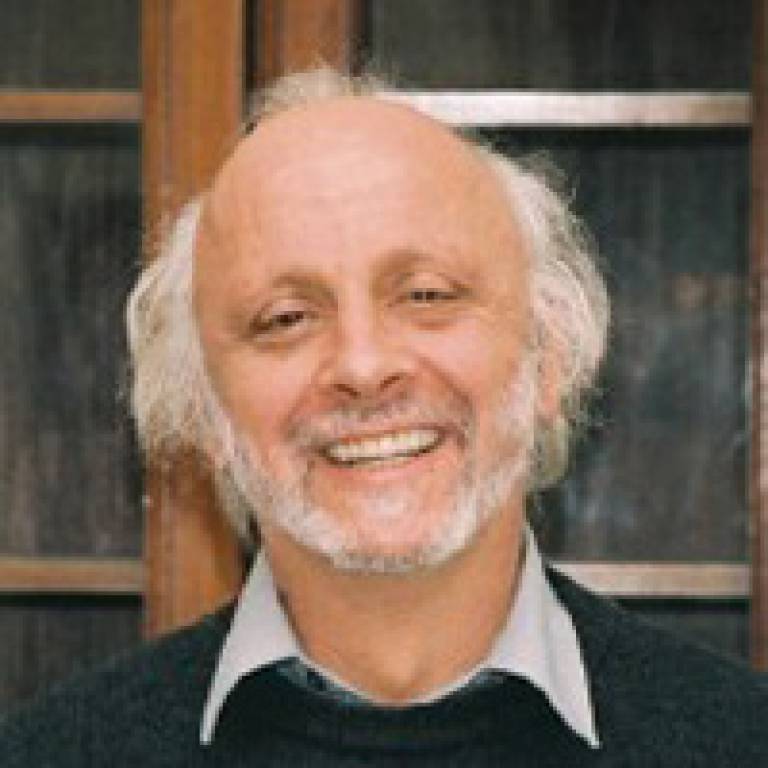SLAIS head speaks at international conference on the library of the future
1 August 2006
Professor David Nicholas, Head of the UCL School of Library, Archive and Information Studies (SLAIS), has been invited to speak at the forthcoming Fiesole Collection Development Retreat Series, held this year in Lund, Sweden.

The Fiesole series is an annual conference of leaders in the field of scholarly communications - made up mostly of publishers, academic librarians and policymakers from North America and Europe. Typically held in Fiesole, Italy, it acts as a kind of think-tank for the sector and regularly hears provocative papers from respected figures. The theme of this year's conference is 'What is the likely shape of the library of the future? And how do we build collections for it?' It is an area that is currently being hotly debated within the information sector, as the rapid development of the internet places demanding new requirements on libraries.
In a session entitled 'If we do not understand our users, we will certainly fail', Professor Nicholas will present the lessons drawn from his work at the Centre for Information Behaviour and the Evaluation of Research (CIBER), which has analysed millions of user logs to find out how users access scholarly information published on the internet. Explaining the importance of this work, he said: "Libraries are faced with quite a big problem at the moment. Many people conducting academic searches on the internet do not see any link between the information they gather and libraries - even though, often, the useful content they can find is placed there by libraries. As libraries thus become anonymous partners, people may ask, why are they being funded by the tax-payer or institution?"
Beyond this problem of perception, Professor Nicholas identifies the changing habits of users: "In the past, when people needed to search for information, they would do it through a librarian. The internet means that this is no longer necessary. We are witnessing a process of 'disintermediation' taking place, where the librarian's role as facilitator is eroded."
Therefore, argues Professor Nicholas, libraries need to adapt to continue to provide a key role. He said: "In one respect we are lucky, because every time someone conducts a search on the internet, they leave an electronic footprint behind in the form of a user log. At CIBER, by looking at these logs we can see that very often people are far from expert at carrying out searches in the way that trained librarians are. Therefore the library of the future may have a big role to play in increasing 'digital literacy' and training people to search for information in the most effective ways."
To find out more, follow the links at the bottom of this article.
Image: Professor David Nicholas
 Close
Close

